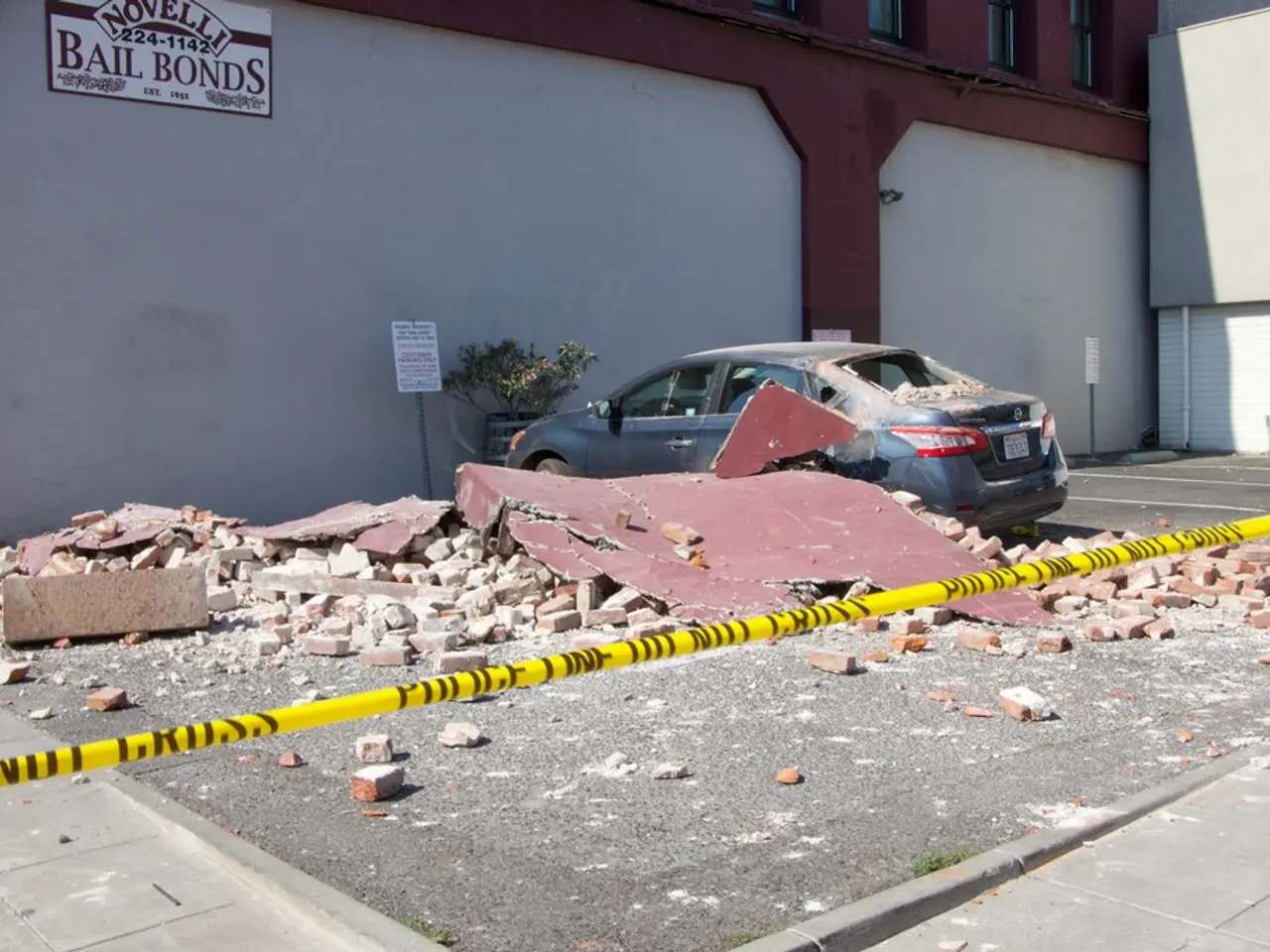In light of the escalating U.S. tariff turmoil, it's essential to have emergency savings. Here's where to properly invest your funds.
Hot Tip: It seems Canadians have got that money-saving thing down pat!
According to recent reports, over half of us adults have an emergency fund that covers three months' worth of expenses, and a good chunk are planning to bump that up even more. But where to stash all that cash?
The general rule is to have three to six months' expenses tucked away for emergencies. However, the specific amount you need depends on various factors, such as job stability. For instance, if you're self-employed or work in a sector reliant on a booming economy, it might be wise to beef up that emergency fund a smidge, says Jason Heath, managing director at Objective Financial Partners in Toronto.
Remember, liquidity is king when deciding where to park your cash. Picture your emergency fund as a financial fire extinguisher that you hope never to need but will be grateful for when the going gets tough. That's why Natasha Macmillan, director of everyday banking at Ratehub.ca, advocates looking into high-interest savings accounts (HISAs) or cashable guaranteed investment certificates (GICs) that allow you to withdraw your funds without penalties.
A few options to consider include Motive Financial Savvy Savings, Neo High-Interest Savings, EQ Bank Notice Savings Account, and PC Money Account. Each of these accounts offers different features, so it's essential to shop around, compare interest rates, and read the fine print to find the best fit for you.
If you're a Quebec resident, some accounts like Motive and Neo might be off-limits, so be sure to double-check the eligibility requirements before committing. And when it comes to tax season, re-routing your refund towards building or boosting your emergency nest egg is a smart move, says Macmillan.
In times of uncertainty, it's crucial to strengthen our financial foundations. Dollars and cents, friend! 💸💼💰
- Canadians, who are excelling in personal-finance strategies, have a sizeable emergency fund on average, covering three months' expenses, with many planning to increase it further.
- Jason Heath, managing director at Objective Financial Partners in Toronto, advises that those working in sectors dependent on a booming economy or self-employed individuals may need to beef up their emergency fund for added safety.
- In deciding where to store emergency funds, liquidity is key, making high-interest savings accounts (HISAs) or cashable guaranteed investment certificates (GICs) with withdrawal flexibility favorable.
- Natasha Macmillan, director of everyday banking at Ratehub.ca, suggests examining options such as Motive Financial Savvy Savings, Neo High-Interest Savings, EQ Bank Notice Savings Account, and PC Money Account due to their different features and competitive interest rates.
- It's crucial to compare interest rates, read the fine print, and ensure eligibility requirements are met before committing to these accounts, especially for Quebec residents who may find certain options like Motive and Neo inaccessible.
- When filing taxes, re-routing your refund towards building or expanding your emergency fund is a smart choice, according to Macmillan.
- Reinforcing our financial foundation during uncertain times is essential for both short-term and long-term financial stability, as emphasized by Macmillan.




